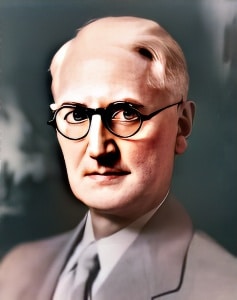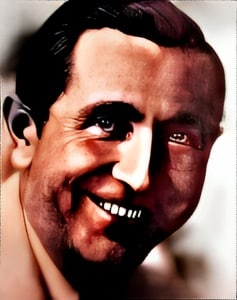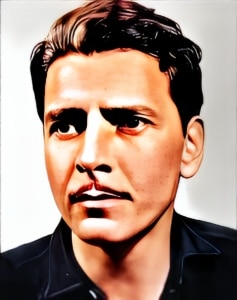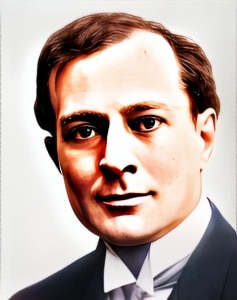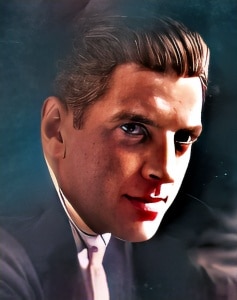 Alan Roscoe, born on August 23, 1886, in New Jersey, USA, was an American actor who made significant contributions to the early years of American cinema.
Alan Roscoe, born on August 23, 1886, in New Jersey, USA, was an American actor who made significant contributions to the early years of American cinema.
He had a successful career during the silent film era and transitioned to sound films, leaving a lasting impact on the burgeoning film industry.
Roscoe’s acting career began in the early 1910s when silent films were still in their infancy. He quickly established himself as a character actor, often playing supporting or antagonist roles in various productions. His versatility and ability to convey complex emotions made him a valuable presence in the evolving film industry.
One of his early notable roles was in the 1919 silent film “Daddy-Long-Legs,” directed by Marshall Neilan and starring Mary Pickford. In the film, Roscoe played a significant supporting role, contributing to the success of this romantic drama.
As the film industry transitioned to sound in the late 1920s, many silent film actors faced challenges in adapting to the new medium. Alan Roscoe, however, successfully made the leap to sound cinema, continuing his acting career in films with spoken dialogue.
One of his sound film appearances was in the 1932 film “The Sport Parade,” a sports drama directed by Dudley Murphy. In the film, Roscoe played the role of Coach Parkhurst, showcasing his adaptability as an actor in the changing landscape of the film industry.
Throughout his career, Alan Roscoe appeared in numerous silent and sound films, spanning various genres, including drama, comedy, and romance. His dedication to his craft and his ability to adapt to changing technologies made him a respected figure in the industry.
While he may not be as widely recognized as some leading stars of his time, Alan Roscoe’s contributions to the early years of American cinema are remembered as an important part of Hollywood’s history. His ability to convey emotions and his role as a character actor marked him as an influential figure in the film industry during a transformative period.
He continued to work in films until his retirement from acting. Alan Roscoe passed away on March 8, 1933, marking the end of a career that played a crucial role in the early development of American cinema. His work remains a part of the rich history of the film industry, reflecting the collaborative and pioneering spirit of the early film era.
Loading live eBay listings...

